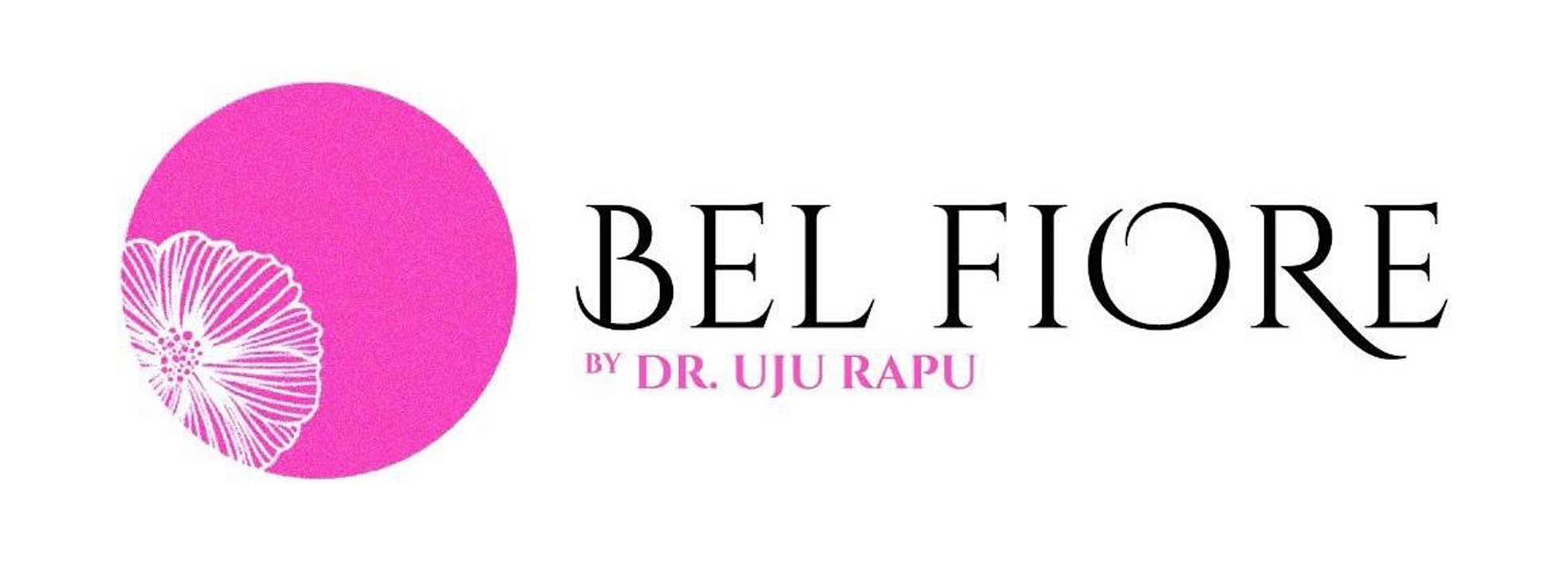15 May Mental Health
A good number of Nigerians live with various types of mental illness and mental health problems, such as social anxiety, obsessive compulsive disorder, drug addiction, and personality disorders. Treatment options include medication and psychotherapy.
Mental illnesses are diseases or conditions that affect how a person think, feel, act, or relate to others and surroundings. Many people who have these cases – especially in Nigeria – do not have insight into what they may be dealing with.
Symptoms can range from mild to severe. They can also vary from person to person. In many cases, it makes daily life hard to handle. But when an expert diagnoses you and helps you get treatment, you can often get your life back on track.
Causes of Mental Illness.
Research shows there are no exact causes for mental illnesses. However, a combination of factors, including genes, biology, and life experiences, seem to be involved.
Hereditary:
Many mental illnesses run in families. But having a mentally ill parent doesn’t compulsorily mean one gets to inherit such trait.
Brain Injury:
Some conditions involve circuits in the brain that are used in thinking, mood, and behavior. For instance, you may have too much, or not enough activity of certain brain chemicals called “neurotransmitters” within those circuits. Brain injuries are also linked to some mental conditions.
Psychological trauma:
Psychological trauma from childhood can trigger or worsen mental illness, such as:
- Severe emotional, physical, or sexual abuse
- A major loss, such as the death of a parent, early in life
- Neglect
Stress:
Stress from work, career, job loss and school even, sometimes contribute to mental illness. Not everyone is strong enough to process and handle stress.
Emotional challenges:
This, especially from loss such as death or divorce, problems in family, relationships and break up, can sometimes lead to mental disorder.
Substance abuse:
This can also trigger or aggravate some mental disorders in some people.
Note, that in some people, these factors may not always lead to mental illness, as some people are mentally stronger. It’s normal to have some grief, anger, and other emotions when you have a major setback in life. A mental illness is different from that.
Symptoms Of Mental Illness
There are many different mental illnesses, and their symptoms vary. Some common symptoms include:
- Problems with thinking (being confused, suspicious, or unusually angry or sad
- Keeping to themselves
- Mood swings
- Relationship problems
- Hallucinations (seeing or hearing things that aren’t there)
- Abusing alcohol or drugs
- Feeling low on hope and not enjoying things that they used to like
- Thoughts of suicide or harming themselves or others
- Sleep problems (too much or too little)
If you’ve faced any of these challenges, we have an in-house psychotherapist that can help. For appointments and inquiries, please call or email us +2347031951642










